
Selected reviews about elderly care communities
Selected reviews about elderly care communities offer valuable insights into the experiences of residents and their families. These reviews can highlight the strengths and weaknesses of different communities, helping you make an informed decision when choosing the right care for your loved one.

My husband has young onset FTDP, diagnosed at 45. Anyone dealing with the same? He is now 50 and I’m living the movie “50 first dates.”
My husband was diagnosed with young onset frontotemporal dementia at 45, and now at 50, I'm navigating the challenges of his condition. Each day feels like “50 First Dates,” as he struggles with memory and recognition. I'm seeking support and connection with others facing similar experiences.
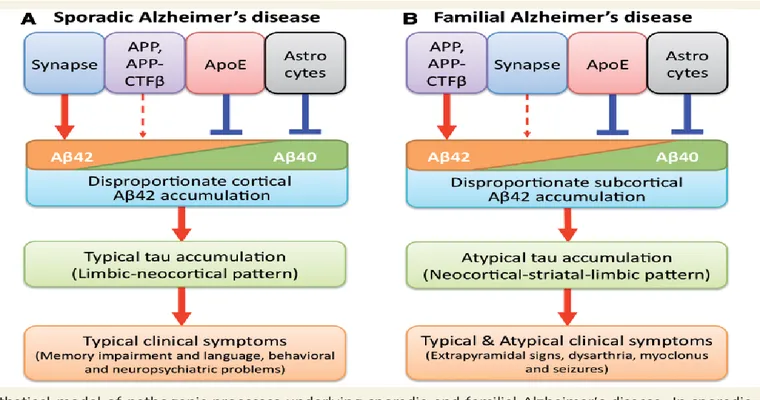
What is Familial Alzheimer's Disease?
Familial Alzheimer's Disease is a rare, hereditary form of Alzheimer's characterized by early onset, typically occurring in individuals in their 30s to 60s. It is caused by specific genetic mutations passed down through families, leading to progressive cognitive decline and memory loss, often with a more aggressive progression than sporadic Alzheimer's.
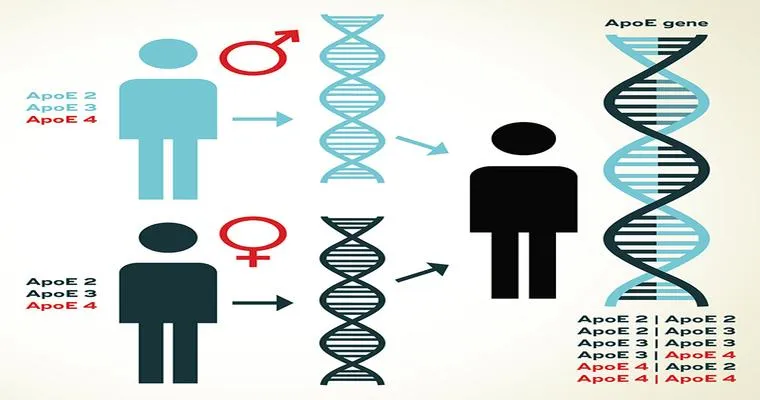
Will I inherit Alzheimer's disease if my parent has it?
Having a parent with Alzheimer's disease can increase your risk, but it does not guarantee you will inherit it. Genetic factors play a role, but lifestyle choices and environmental influences also contribute to the disease's development. Regular mental and physical activity may help reduce your risk.
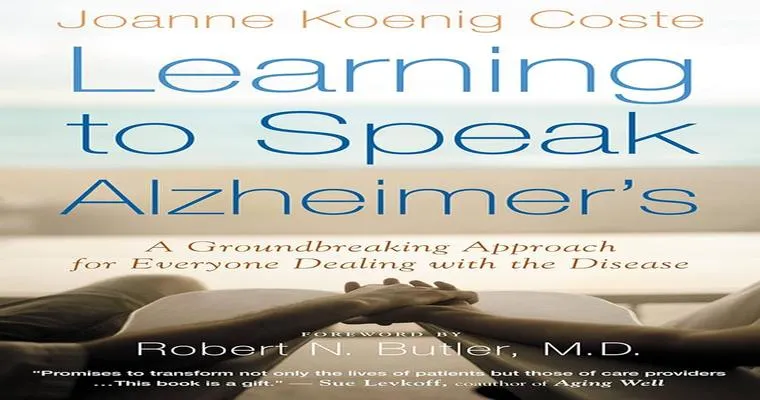
Rewriting the Rhetoric of Alzheimer's
Rewriting the Rhetoric of Alzheimer's explores the language and narratives surrounding the disease, aiming to shift perceptions from stigma and fear to understanding and compassion. By emphasizing personal stories and the lived experiences of individuals affected, it advocates for a more nuanced dialogue that fosters empathy and support within communities.

Early-Onset Alzheimer's: When a Caregiver Needs Care
Early-onset Alzheimer's affects individuals under 65, presenting unique challenges for caregivers. As the disease progresses, caregivers often experience emotional and physical strain, requiring support themselves. Understanding the dual role of care and the need for self-care is crucial for maintaining their well-being while supporting their loved ones with this condition.
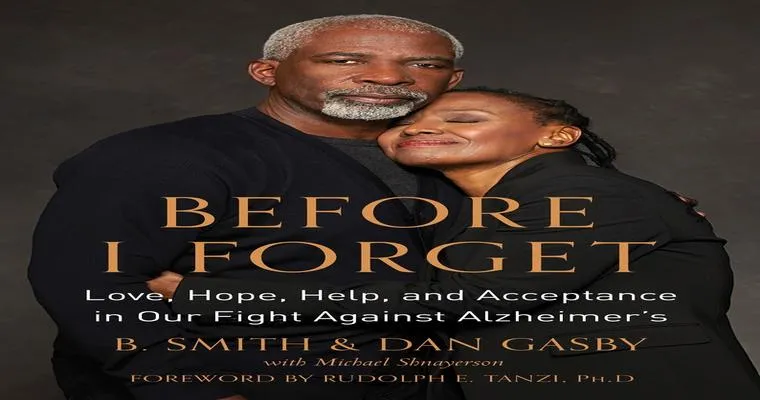
Early-Onset Alzheimer's: A Story of Love and Loss
Early-Onset Alzheimer's: A Story of Love and Loss explores the emotional journey of a couple facing the challenges of a devastating diagnosis. As the disease progresses, they navigate the complexities of memory loss, shifting roles, and the enduring power of love, ultimately highlighting the resilience of the human spirit in the face of adversity.
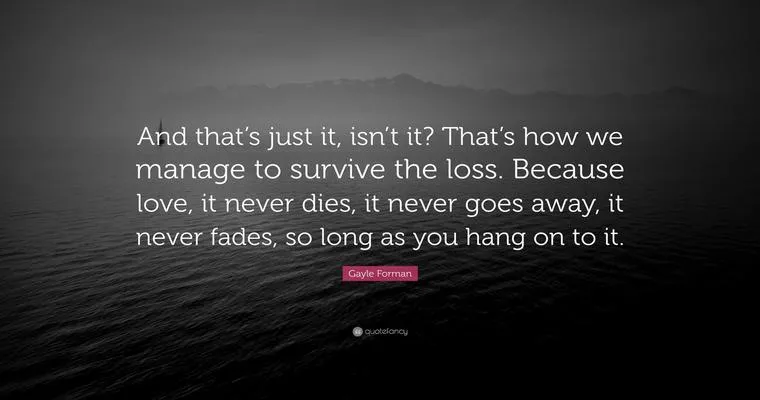
Just at a loss of what to do - everything was going so well and now it's not.
Feeling adrift and uncertain, the sudden shift from stability to turmoil leaves an overwhelming sense of confusion. What once seemed effortless now feels insurmountable, prompting a search for clarity amidst chaos. The struggle to regain control and direction becomes a poignant reminder of life's unpredictable nature and the resilience required to navigate it.

I've had Durable POA for mom since 2017 and Designated Guardian if incapacitated. With moderate dementia, is she considered incapacitated?
Since 2017, I have held Durable Power of Attorney for my mother and designated myself as her guardian if she becomes incapacitated. With her moderate dementia, it raises questions about her capacity to make decisions, as this condition could be considered a form of incapacity under legal definitions.
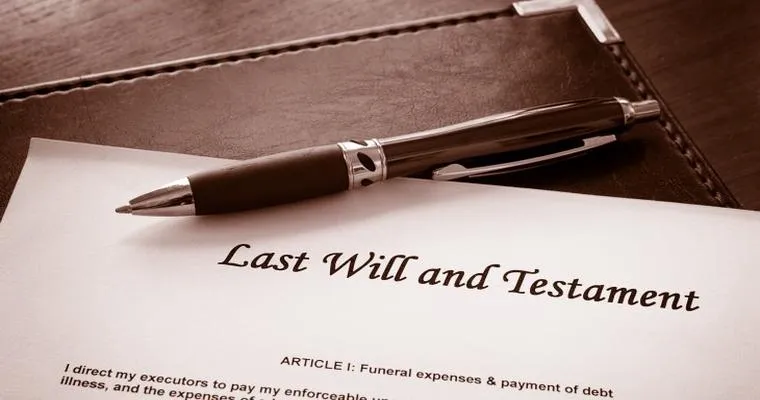
Aunt's final medical bills. We aren't respponsible, are we?
Aunt's final medical bills have arrived, raising concerns about responsibility for payment. It's important to review any legal documents or agreements regarding her estate and healthcare coverage. Typically, family members are not liable for a relative's medical debts unless they were co-signers or otherwise legally obligated.

Hi everyone
Hello everyone, I hope this message finds you well. I'm excited to connect with all of you and share ideas, experiences, and insights. Let's foster a supportive and engaging environment where we can learn from each other and collaborate effectively. Looking forward to our interactions and building meaningful connections together.
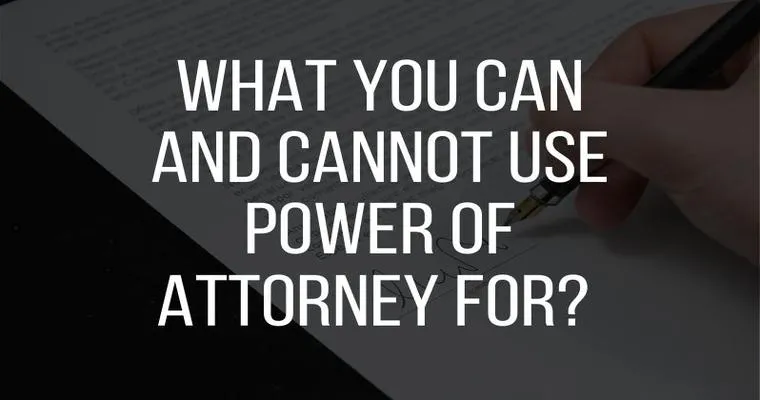
Things You Can and Can't Do With Power of Attorney
A power of attorney allows someone to make decisions on your behalf, such as managing finances or healthcare. However, it cannot be used for illegal activities, make decisions after the principal's death, or override the principal's wishes if they are mentally competent. Understanding these boundaries is essential for effective use.
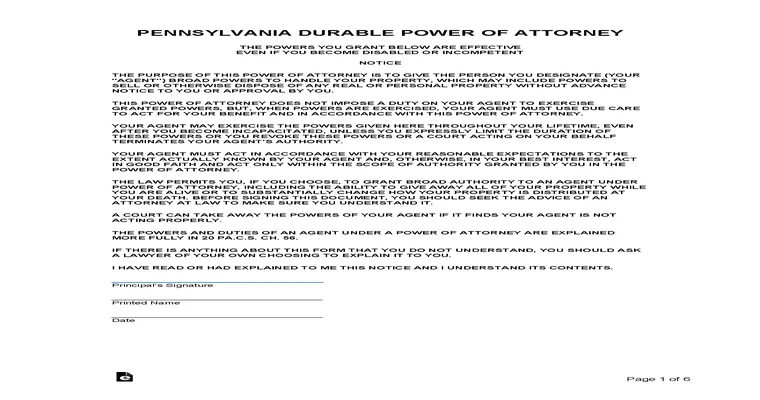
What to Do When the Bank Refuses a Financial POA Document
When a bank refuses a financial power of attorney (POA) document, first clarify the reasons for the refusal. Check if the document meets state requirements and includes necessary signatures. Consider providing additional documentation or amendments. If issues persist, consult a legal professional for guidance on enforcing the POA.
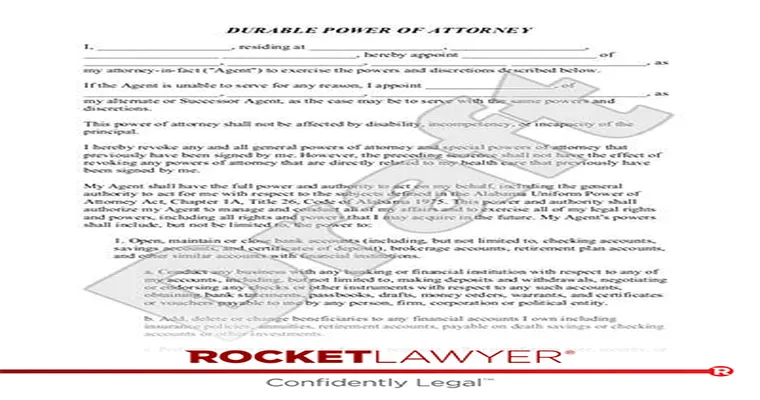
When POA Isn’t Enough: Authorizations Needed to Act on a Loved One’s Behalf
When a loved one can no longer make decisions, a Power of Attorney (POA) may not suffice. Additional authorizations might be necessary to manage healthcare, finances, or legal matters effectively. Understanding the limitations and requirements of POA is crucial to ensure proper representation and support during challenging times.
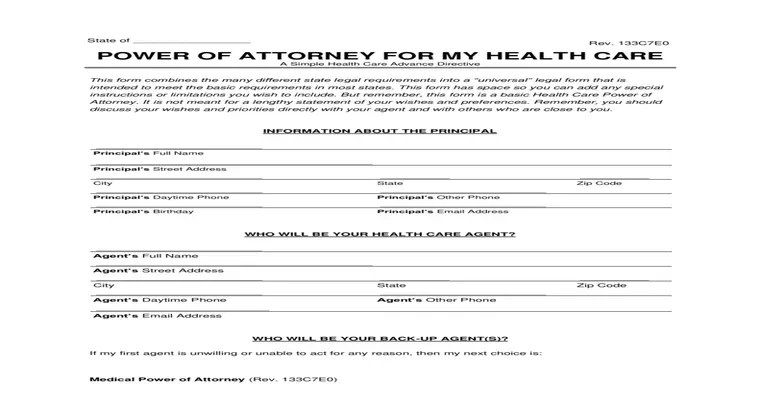
POA: How do I make sure I have the legal authority to make decisions on mom's behalf?
To ensure you have the legal authority to make decisions on your mom's behalf, establish a Power of Attorney (POA). This document should be drafted while she is competent, detailing the specific powers you will have. It’s advisable to consult a legal professional to ensure compliance with local laws.
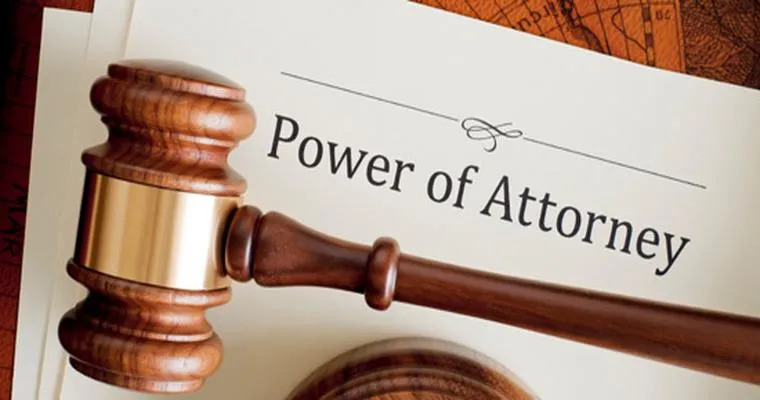
Springing vs. Durable Power of Attorney: What’s the Difference?
Springing and durable power of attorney differ in their activation and duration. A springing power of attorney becomes effective only when a specific condition, typically incapacitation, occurs. In contrast, a durable power of attorney remains effective immediately and continues even if the principal becomes incapacitated.
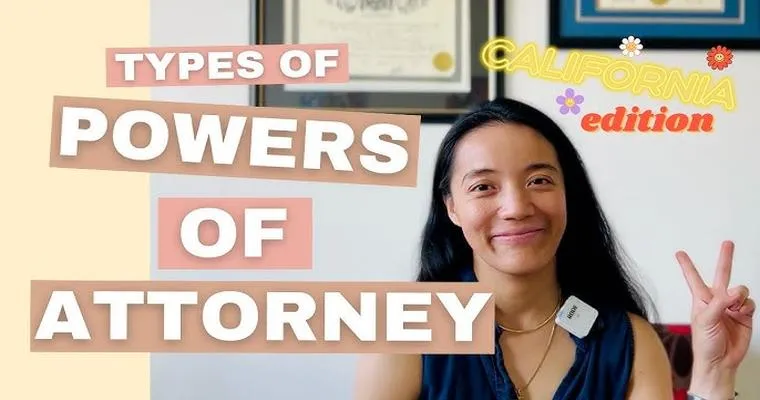
Power of Attorney Explained
A Power of Attorney is a legal document that grants one person the authority to act on behalf of another in financial, legal, or medical matters. This arrangement can be temporary or durable, allowing the designated individual to make decisions when the principal is unable to do so, ensuring their interests are protected.
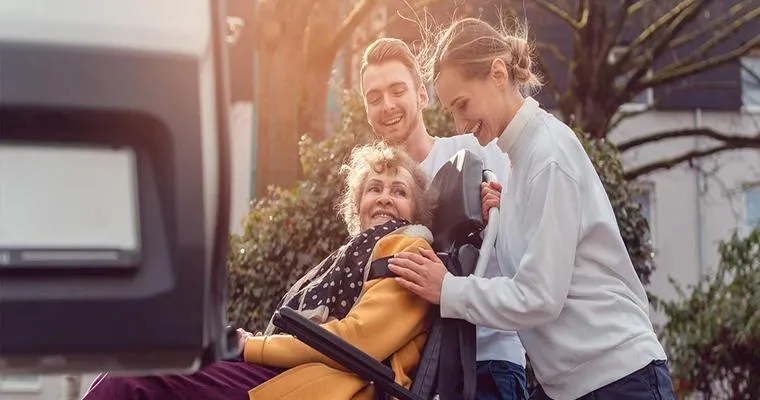
I need transportation to my Dr. Any ideas?
If you need transportation to your doctor's appointment, consider options like rideshare services, public transit, or asking friends and family for a ride. Additionally, some medical facilities offer shuttle services, and local community organizations may provide assistance. Exploring these alternatives can help ensure you reach your appointment on time.

My mom is 97 needs minimum help, just transportation to three places. Not every day, can u help?
My 97-year-old mom requires minimal assistance, mainly transportation to a few specific locations occasionally. She is relatively independent but needs help getting to these places safely. If you are available to provide this support, it would greatly enhance her quality of life and ensure she stays connected to her community.

My husband is 77. He got lost driving all night, confusion, falling, obsessed with certain colors items, argumentative, we have an appt to see neurologist.
My husband, at 77, has been experiencing troubling symptoms such as getting lost while driving at night and confusion. He frequently falls and has developed an obsession with specific colors. Our upcoming appointment with a neurologist aims to address these concerning changes in his behavior and overall health.
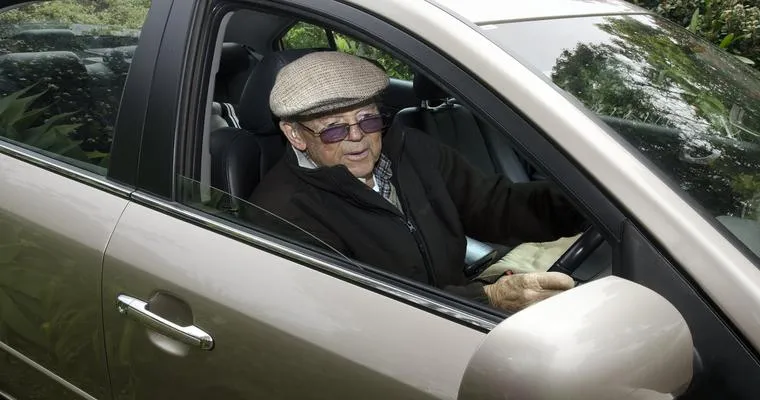
Should my dad drive a car at 92?
Deciding whether a 92-year-old should drive involves assessing their physical and cognitive abilities, as well as their overall health. Factors like vision, reaction time, and the ability to make sound judgments are crucial. Open communication and consideration of alternatives, such as public transportation, can help ensure safety for everyone on the road.
Page 86 of 134